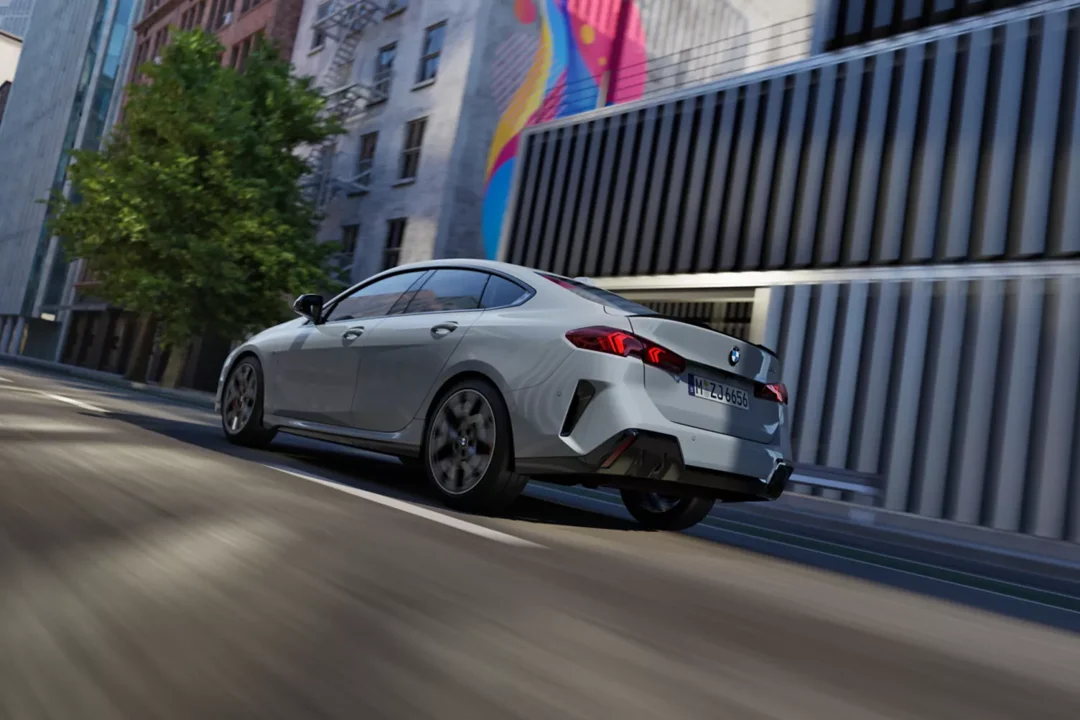What is the mileage of BMW 2 Series Gran Coupe?
The BMW 2 Series Gran Coupe offers different mileage figures depending on the fuel type and transmission. The manual petrol variant delivers up to 0 km/l, while the automatic petrol variant offers up to 14 km/l.





















